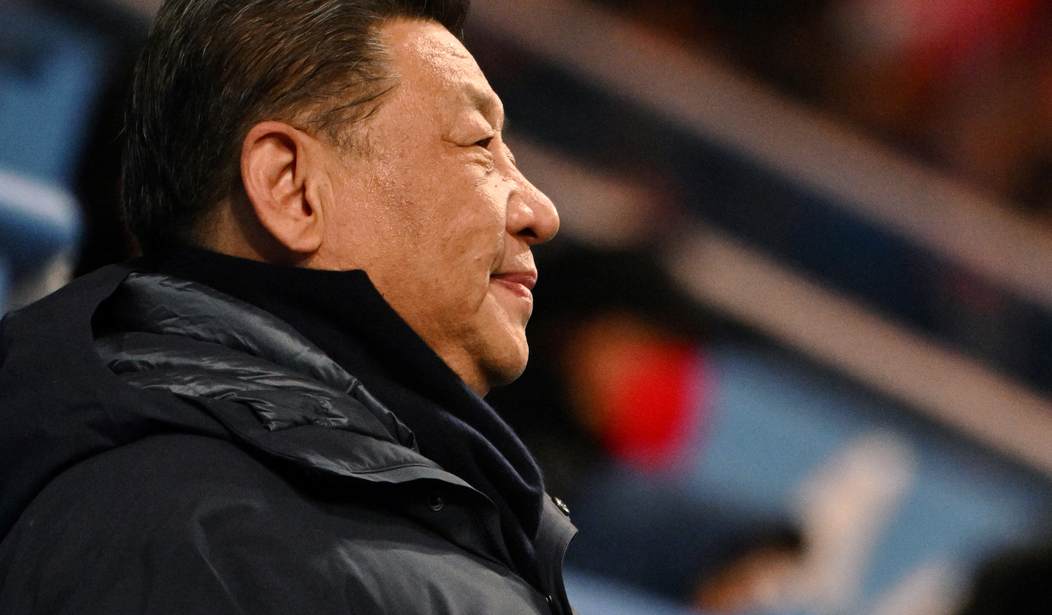As China and Russia begin moving toward a closer relationship, American military and foreign policy experts have been keeping a watchful eye on Taiwan, likely the next staging area for a violent “reclamation” by a foreign power.
The Ukraine War has left Russia exposed, with its military resources being drained and its soldiers dying at a far higher rate than would have been expected before the war started just over a year ago. However, a new partnership with China could tip the scales back in Russia’s favor.
At the same time, we know that China was originally upset with Russia for their invasion of Ukraine, because it came at a time when China was also looking at invading Taiwan. There were reports early in the Ukraine War that China believed the Russian invasion put the world on higher alert, making a Taiwan invasion much more difficult to pull off.
However, China has seemingly reconciled, and is once again looking at Taiwan with interest.
Recently, it was reported that the U.S. was increasing its presence in Taiwan through long-planned efforts meant to train Taiwanese forces.
The U.S. plans to deploy between 100 and 200 troops to the island in the coming months, up from roughly 30 there a year ago, according to U.S. officials. The larger force will expand a training program the Pentagon has taken pains not to publicize as the U.S. works to provide Taipei with the capabilities it needs to defend itself without provoking Beijing.
The number of American troops, which has included special-operations forces and U.S. Marines, has fluctuated by a handful during the past few years, according to Defense Department data. The planned increase would be the largest deployment of forces in decades by the U.S. on Taiwan, as the two draw closer to counter China’s growing military power.
Beyond training on Taiwan, the Michigan National Guard is also training a contingent of the Taiwanese military, including during annual exercises with multiple countries at Camp Grayling in northern Michigan, according to people familiar with the training.
However, there is new information out there – China is building up its military spending, which could be a sign that an invasion is coming.
The Chinese government will boost its military spending by 7.2% this year, rising to a total budget of 1.56 trillion Yuan.
In U.S. dollars, China’s budget now sits at $230 billion, up nearly $16 billion from its budget in 2022. China’s Ministry of Finance announced the new infusion of cash in its annual report on Sunday. The spending increase comes as the U.S. warns of a potential Chinese invasion of Taiwan in the near future. U.S. officials have also warned China against sending lethal aid to support Russia’s invasion of Ukraine.
This isn’t a guaranteed sign of armed conflict, but it is coming at a time when tensions between China and the U.S. are at an all-time high.
Tensions have been on the rise since August 2022, when then-Speaker Nancy Pelosi visited the self-governed island of Taiwan. China was outraged at the move. More recently, the Chinese government has been caught sending likely spy balloons to the U.S., brazenly flying them over the American mainland.
The Chinese have long-opposed western influence in the country, as has Russia. The two powers working together is a clear sign that they want to force western influence out of their collective sphere of the world, and the Chinese have long-maintained a claim over Taiwan (we’re talking decades unless you want to go back to before the First Sino-Japanese War, but that’s a historical argument for another day).
Still, an invasion is not a guarantee right now. The Chinese are on high alert, and while it seems that cooperation between the U.S. and China is something neither side wants, the Chinese know that a direct confrontation with America is not an ideal outcome.










Join the conversation as a VIP Member